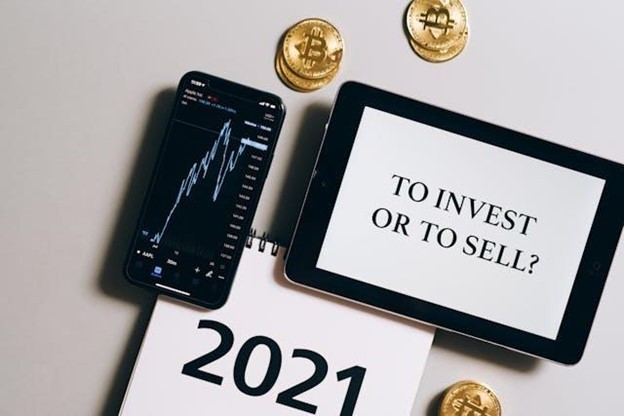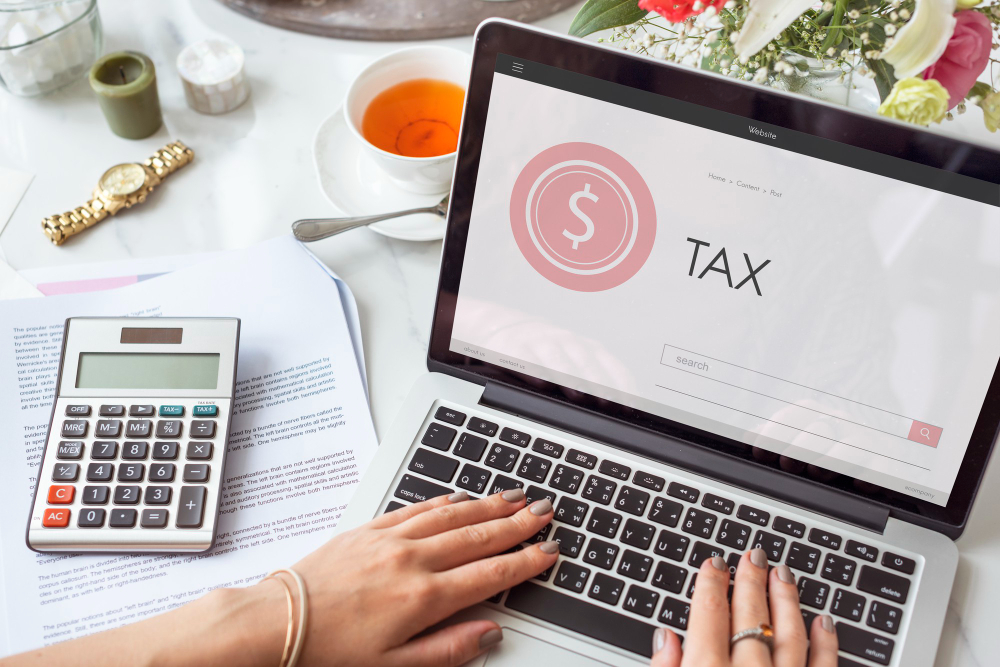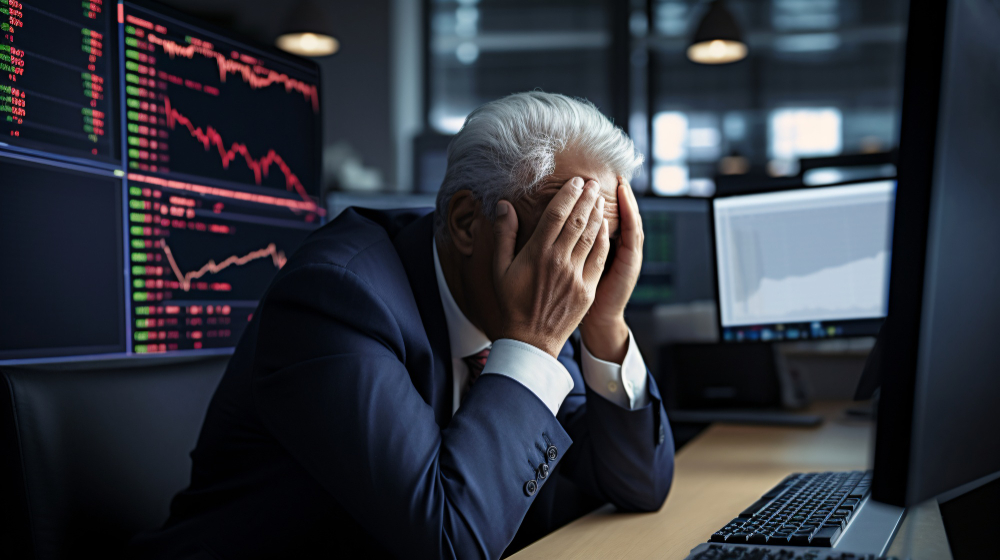Investing is a great way to build wealth however, making the right decisions can always be a task. Many of us can be rational with our decision-making, especially with investing. Additionally, we usually make decisions based on emotions rather than logic and reason.
The reality is that we make decisions based on bias as well. Furthermore, our brains can make decisions for us. It can be hard to prevent these decisions as well. Furthermore, previous experiences and gut feelings can also impact these decisions.
Although it can be difficult to make decisions while avoiding emotions and biases, it isn’t impossible. Let’s see how we can change those behavioural biases when investing.
How To Overcome Those Initial Instincts
Behavioural biases are part of the decision-making process and not a bug. Furthermore, our brains react to danger and this reaction has been imprinted in our minds since our ancestors to help them avoid predators.
Now in the modern world, when faced with a risk or a threat, we rely on instincts. It includes our investments. This reaction can cause more damage than good which is why we need to understand the importance of not reactivating immediately.
Sometimes, our investments can fluctuate and this can cause a quick reaction from ourselves. That reaction could be to sell the investment or invest more money into it. We should wait it out and not react to the latest news or what other investors are doing.
Reactive investing can do more damage than good so controlling this initial stage will benefit you more.
Cognitive Biases When Investing
There are many different behavioural biases we have but some are more common than others with investors.
Herd Mentality
Humans can be like sheep sometimes. The actions of others can impact the decisions we make, especially with investing. The issue with this is that it can be counterproductive for your financial goals.
A good example would be when a stock decreases in value, it can lead to a panic among investors causing them to sell for a loss. It can also have an impact the other way. If the market suddenly increases then investors will follow everybody else and buy into the stock. However, this investment could become overvalued and the bubble will soon burst.
Warren Buffet, one of the most successful investors of all time, has said it is important to avoid following the crowd. Ensure your own decisions and understand that the crowd can be reactive so don’t follow them.
Availability Bias
Availability bias is different to herd mentality. That is when you are more cautious of the events that have happened because they are fresh in your memory. Try to avoid associating everything with your recent memories and try to decide on your past experiences in life and compare them to the most relevant ones.
Confirmation Bias
Confirmation bias is something else that investors struggle with. Naturally, we usually search for information that belongs to our beliefs and preconceptions. That means we avoid the evidence that counteracts our belief.
When researching stocks, you can believe that a stock is a good investment and only search for the news which is good about that company. Instead, you should be more open-minded, helping you understand the positives and negatives before you invest. Don’t make investments based on the basic information that may look good when in reality, things are not going well with the company.
Endowment Effect
It is also known as ownership bias and it is when investors believe that their investments hold greater value compared to those they do not own. For example, if someone bought a ticket for a sports game, they would look to sell it for higher. If they are given the ticket, they would look to sell it for less.
In terms of the stock market, investors will hold onto their investment for too long when the ship has sailed. That is due to an emotional attachment or losing out on money because the value is much lower. Sometimes, the value is a true reflection of the stock.
News Consumption
News consumption is one of the primary causes of an investor’s decision. Sometimes it can be good and other times it can be bad. Negative news often leads to poor investment decisions, making investors withdraw their investments due to what is happening in the economy or the world.
It is important to be aware that what happens in the news doesn’t always affect our investments. Yes, there are some things you can make an impact such as the cancellation of flights during covid-19. Don’t use the news to make the decisions. Just research how that specific news bulletin may affect your stocks and shares.
Final Opinions: How To Avoid Behavioural Biases
We cannot be immune to behavioural biases as it is a natural human instinct in some cases. Nevertheless, there are actions you can take to stop you from making rational decisions. Following herds can lead to falling for trading scams so this bias is something you should avoid. Always research why people invest in stocks instead of just going for those that increase


















